How Christians sold their birthright for a bowl of Trump stew.

(*And no, this doesn’t mean you should vote Biden. We’re talking bigger fish than who sits in the Oval Office)
Recently, my mom said to me, “I know you don’t love Trump, but I sure hope you’ll be able to get past that and vote for him this time.”
This is my response. Not just to my mom (who I adore!) but to all my Christian friends who wholeheartedly support Trump.
I grew up Christian, Republican, and conservative. As a 10-year-old, I stayed up way too late watching Ronald Reagan give his winning acceptance speech in 1980. What I mean to say is: I speak as a bona-fide lifelong member of the Christian conservative tribe.
More importantly, I’m speaking to you like you’re my mom or dad or sibling.
I love my parents! They taught me how to be a Christian, a man, and a citizen. I am uncomfortable disagreeing with them—and with you. Thus, I say the following with trepidation and respect:
Your support for Donald Trump is an error, and a deeply poisonous one.
Before you tune out, let me add: I understand why you support him.
There’s an old political saying (coined, ironically, by James Carville) that goes “It’s the economy, stupid.” The idea is clear: nothing matters more than a president’s impact on the country. If the economy (and related concerns) is better because of him, then nothing else matters.
Not mean tweets. Not infidelities or crass comments. Not orange skin and comb-overs.
My Trump-supporting Christian friends keep asking me: what about Trump’s policies don’t you approve of?
The honest answer: nothing, really.
There’s something bigger at stake. Something of inestimably greater importance and value.
It isn’t “the economy, stupid”.
It’s your soul, beloved.
Along with the souls of those we are meant to be reaching.
Christians in America have sold their missional birthright for a bowl of political stew.
I know that’s a charged statement. I know it stings—and probably incites a defensive, angry retort. Please bear with me and remember: I don’t hate you. I don’t think you’re a deplorable.
I’m talking to you like you’re my moms! I love my moms!
Just sit with me a minute as I try to make this case.
As Christians, we have exactly one primary allegiance and mission: our allegiance is to God, and our mission is to preach the gospel and live it out.
We do this by being, as Paul said, “all things to all men, that some might be saved.” And we live the mission out by exhibiting the fruits of the Spirit.
What does this mission look like in the era of modern evangelicalism and Donald Trump?
Like it or not, the American church has unabashedly wed itself to politics, particularly the Republican party, and specifically Donald Trump.
What is the practical result of this?
Evangelicals have gained political influence at the expense of missional relevance.
When unbelievers think of Christians today, they do not see Jesus-followers.
They see angry, spiteful, vindictive MAGA evangelicals revering a man who, in almost every respect, defies the tone, attitude, and message of the biblical Jesus.
“But Trump’s not a religious leader,” I hear you objecting, reasonably enough. And this is technically correct.
But like it or not, the evangelical church has so identified with Trump that an unbelieving world cannot be blamed for viewing that allegiance through a distinctly religious lens.
Frankly, lots of Christians talk about Trump in unambiguously religious (not merely political) terms: as God’s chosen, or His anointed, or a Christian standard-bearer. One can’t blame the world for conflating our religion and our political ringleader.
So. Let’s assume that Donald Trump was, in fact, an entirely effective president. Let’s assume his policies were good for the country. And let’s even assume that plenty of people deserved to have a little metaphorical sand kicked in their faces for decades of unfairly denigrating conservatives.
Let’s say Trump was good for “the economy, stupid.”
Has he been good for the church?
More specifically, has he been good for your soul?
What fruits of the Spirit, fellow believer, have you exhibited more as a result of Donald Trump’s ascendancy?
For your own sake, not mine, be truly honest with yourself:
Does your identification with Donald Trump cause you to experience more love for those around you?
Or, in fact, more fear?
In your years of consuming conservative media, have you exhibited more joy?
Or more worry?
What about patience and kindness? Have those fruits increased in the age of mean-tweets, mocking one’s political enemies, and “fuck your feelings” Trump yard signs?
Over the past several years, have you exhibited more generosity toward those who are different than you? Or more spite and mean pleasure at their misfortunes?
Has your faithfulness to God and his mission increased? Or instead your faithfulness to political/national allegiance?
How about gentleness and self-control? Have those fruits been more abundant in your life, despite the influence of a leader whose entire persona is based on brashness, ALL CAPS shouting, and a proud repudiation of impulse control?
I’m going to state unambiguously: the fruits of the Spirit in the current American church are demonstrably—and tragically—lacking.
And if you believe otherwise, I implore you to step out of your circle, if only for a moment. Ask a liberal non-believer friend for honest feedback: “what traits do you see in Christians today?”
What is sadly evident in the current American church are the fruits of all-too-human frailty: fear, cheerlessness, anxiety, impatience, spite, suspicion, conspiracy, anger, and brashness.
Christians have embraced political citizenship at the cost of losing their gospel relevance.
Worse, at the cost of their own Spirit-led sanctification.
As a result, the church is missionally—tragically—crippled.
I say again, it isn’t “the economy, stupid.” It’s your soul, beloved.
I’ll grant: the state of our national union is surely of immense importance to God.
But it’s nowhere near as important to him as the state of your individual soul. Or the health of his church. Or our mission to reach the lost.
Emphatically: God will never, ever prioritize the good of a nation over the health of his church, his gospel, or his ultimate kingdom.
If Trumpism has weakened the church’s soul and mission (it has), then we can be dead-certain of two things:
First: this is absolutely not God’s plan or intention. It’s a serious mistake to believe that Trump is “God’s anointed.” God will never orchestrate any good that comes at the cost of his mission or church. Only humans must “break a few eggs to make an omelet”. God’s power is in the perfection of sovereignty, never “voting for the lesser evil”.
And second: this is absolutely not Trump’s fault.
It’s our fault.
Despite what the liberal left claims, Trump is not a villain. At worst, he’s an opportunist. I don’t even think he would shy away from that label. He would embrace opportunism as part of the Art of the Deal (along with never admitting defeat).
The fault arises from our own exceedingly understandable demoralization at how conservatives have been mocked for decades, and from the merciless bullying of culture to swallow increasingly preposterous ideas, and even from the not-incorrect spiritual sense that things are deeply wrong with the world.
These are all perfectly understandable reactions.
And yet they have made us susceptible to uncharacteristically low urges.
Being demoralized has awoken in us an urge toward defiance.
Being mocked has pushed us to find pleasure in mockery.
Being bullied has ultimately (and inevitably) led us to rally behind a bully.
Trump isn’t beloved because he’s a great leader. He’s beloved because he’s Bully-in-Chief.
The poison of Trumpism is not Trump’s fault. He’s just a willing beneficiary, tapping into our wounds, our deep-seated demoralization, and our frustration of powerlessness.
We grew impatient with waiting for God to defend us and right the world’s wrongs.
So, just like the ancient Israelites, we elected a King instead.
We replaced a messiah who preached turning the other cheek and loving our enemies with a president who encourages striking first and destroying the opposition.
I totally understand this.
Giving in to those long-denied urges feels really good.
But it’s like scratching a poison ivy rash: deeply satisfying for a moment, followed by a deeper and more prolonged inflammation.
It’s time we stopped scratching our baser itches.
It’s time we, as the bride of Christ, re-ordered our allegiance.
It’s time we divorced ourselves utterly from the muck and meanness of human politics.
This doesn’t mean abandoning our responsibilities as citizens.
But it does mean re-prioritizing that responsibility so it never, ever interferes with the winsome work of our first mission: to love God, to allow the fruits of his Spirit to manifest in our daily lives, and to “be all things to all people so that some might be saved.”
What does this mean?
It might mean talking like a liberal when you’re with a liberal (and that will be much harder if you’re wearing a MAGA hat).
It might mean finding value in the convictions of your Gen Z family member even if you don’t like how they vote those convictions.
It might simply mean not openly displaying your politics, so the voice of your vote never drowns out the whisper of your witness.
Because nobody wants to be converted to the gospel of Trumpism.
And like it or not, that’s what the current evangelical church has become.
For God’s sake, mom and dad, friends and neighbors, mentors and pastors and fellow Christians all across the country: don’t sell your Christlike birthright for a bowl of political influence.
Fall back in love with the long-term peace and glory of dying to self, loving our enemies, and trusting God’s ultimate plan over any merely human political institution.
Because just like Esau back in Genesis 25, it isn’t that the stew we’re hungry for is a bad thing.
It’s that our God-given birthright is infinitely, immeasurably more important.









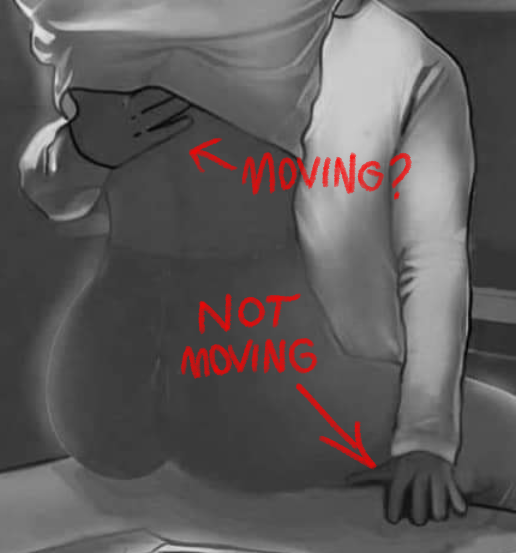



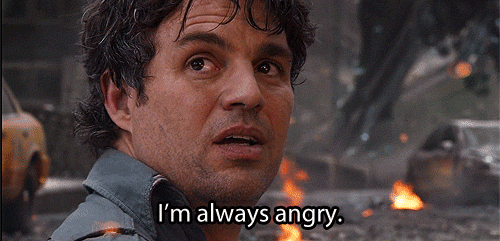








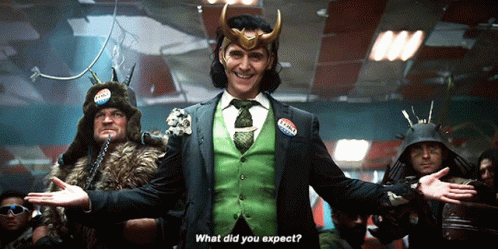

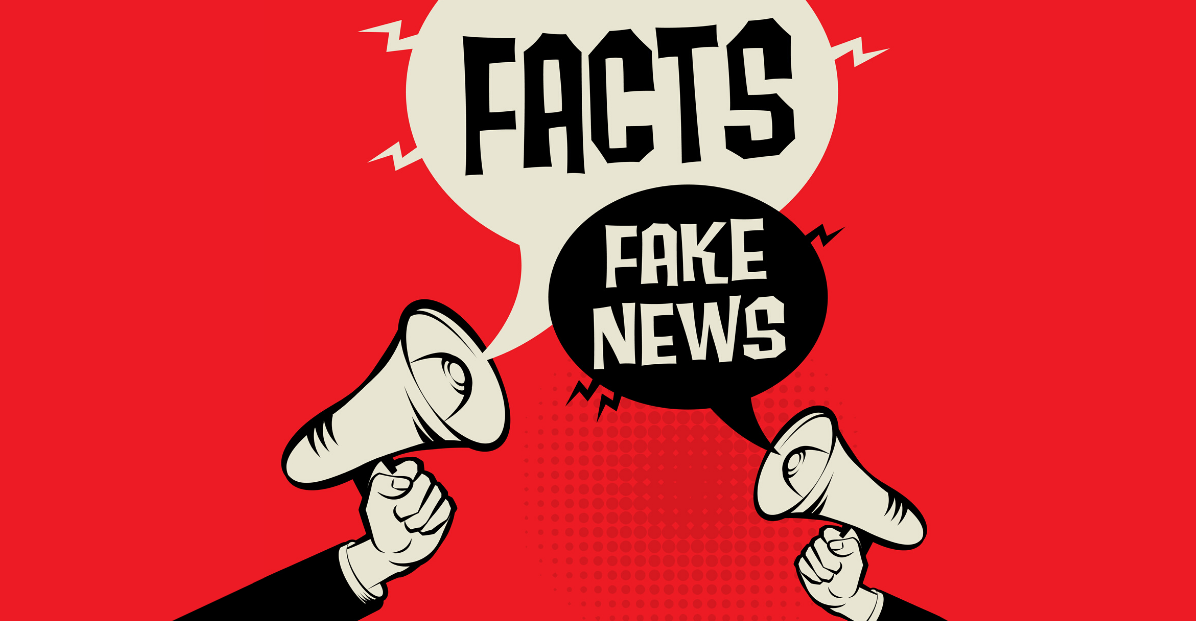 We all know that you can recognize the validity of any political news story based on its reporting source. Some “news” outlets are clearly partisan and biased, aimed cynically at the sad dupes who already agree with their pandering slant.
We all know that you can recognize the validity of any political news story based on its reporting source. Some “news” outlets are clearly partisan and biased, aimed cynically at the sad dupes who already agree with their pandering slant. If there is one essential, functioning principle of our age, it is that we are waging an ongoing battle of good versus evil. Our side stands for truth and beauty, while the other side wages hate and destruction. Knowing this, we can feel supremely confident making blanket assumptions about other peoples’ motivations, intentions, and guiding beliefs.
If there is one essential, functioning principle of our age, it is that we are waging an ongoing battle of good versus evil. Our side stands for truth and beauty, while the other side wages hate and destruction. Knowing this, we can feel supremely confident making blanket assumptions about other peoples’ motivations, intentions, and guiding beliefs.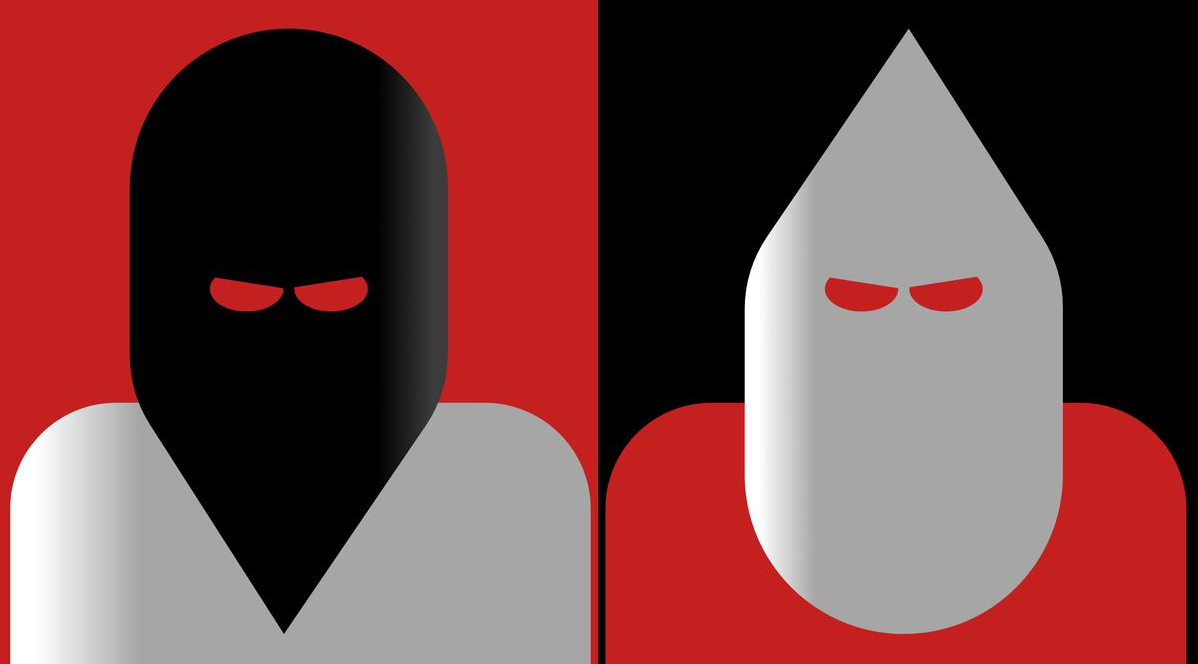 While we all know that, ideally, we should only associate with those whose views are in complete agreement with ours, it is sometimes unavoidable to have family or even friends on the other side of some political/religious/social issue.
While we all know that, ideally, we should only associate with those whose views are in complete agreement with ours, it is sometimes unavoidable to have family or even friends on the other side of some political/religious/social issue. Having firmly established that we must assume the worst of any person based on their oppositional political/social/religious views, we may now approach the equal and opposite conclusion: that anyone who shares our views cannot be evil or stupid.
Having firmly established that we must assume the worst of any person based on their oppositional political/social/religious views, we may now approach the equal and opposite conclusion: that anyone who shares our views cannot be evil or stupid. There is a somewhat backward idea that intelligent people can disagree on complex issues. This leads to the assumption that debate on difficult topics is the only way to respectfully and genuinely hone ideas, test assumptions, and ultimately approach something like ultimate truth.
There is a somewhat backward idea that intelligent people can disagree on complex issues. This leads to the assumption that debate on difficult topics is the only way to respectfully and genuinely hone ideas, test assumptions, and ultimately approach something like ultimate truth. “They’re onto us. Delete them before they find my directory of Sonic the Hedgehog porn”
“They’re onto us. Delete them before they find my directory of Sonic the Hedgehog porn” “Why am I worried that Andy Dick might not be a real person?”
“Why am I worried that Andy Dick might not be a real person?” Basically, high-res Donkey Kong
Basically, high-res Donkey Kong Why else do we care about these two?
Why else do we care about these two?





